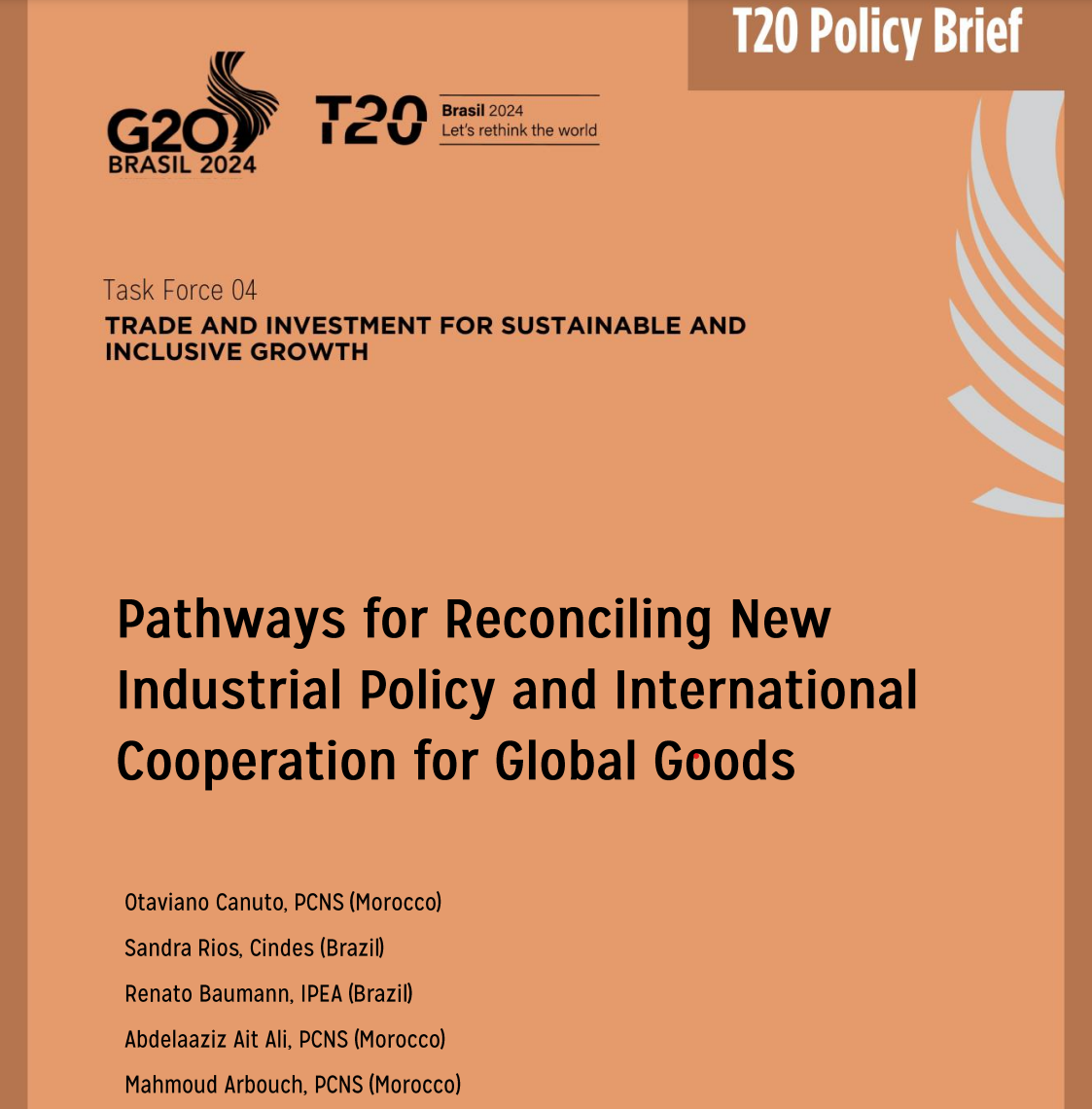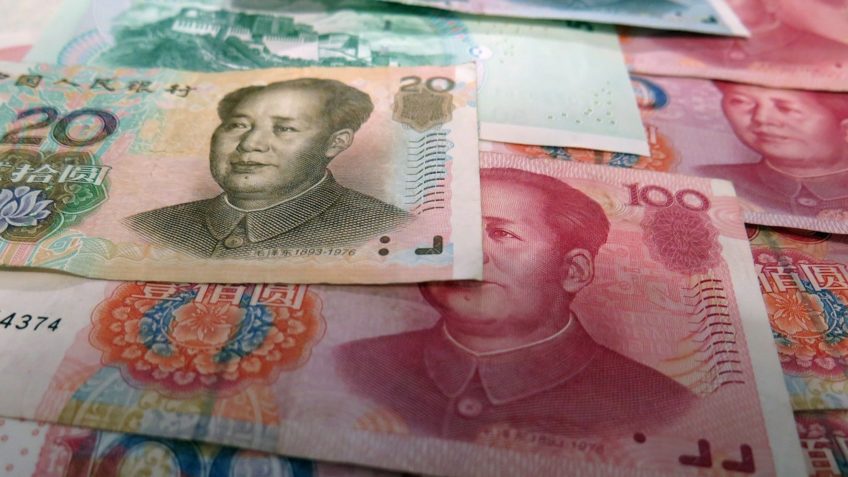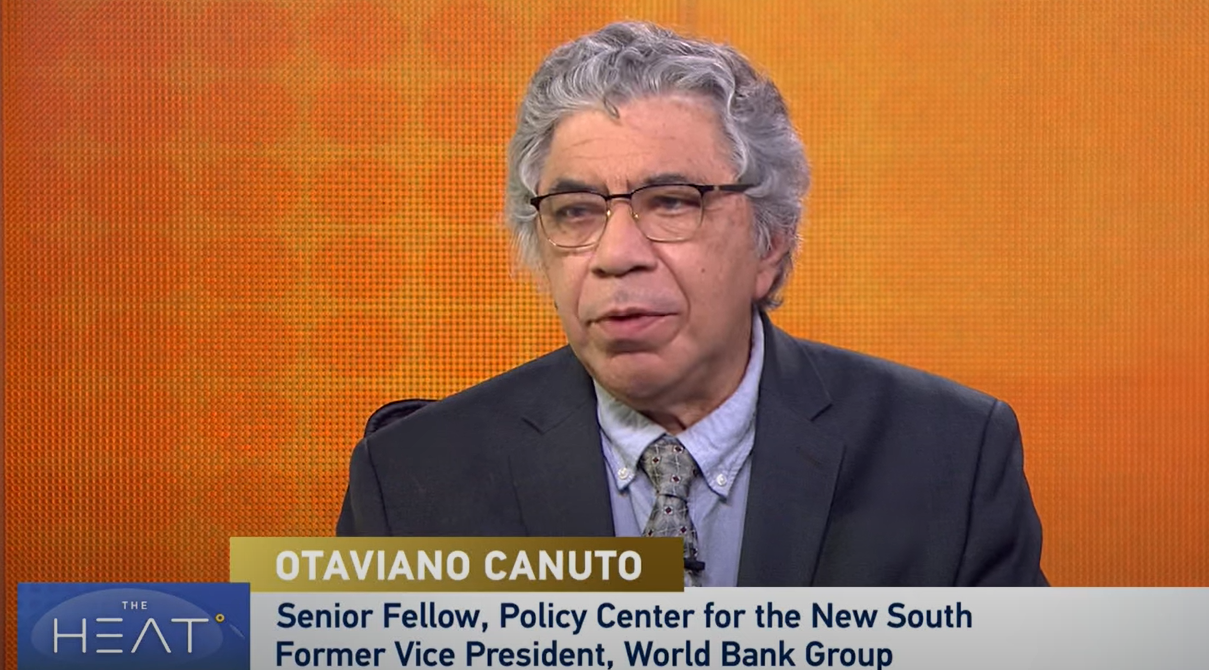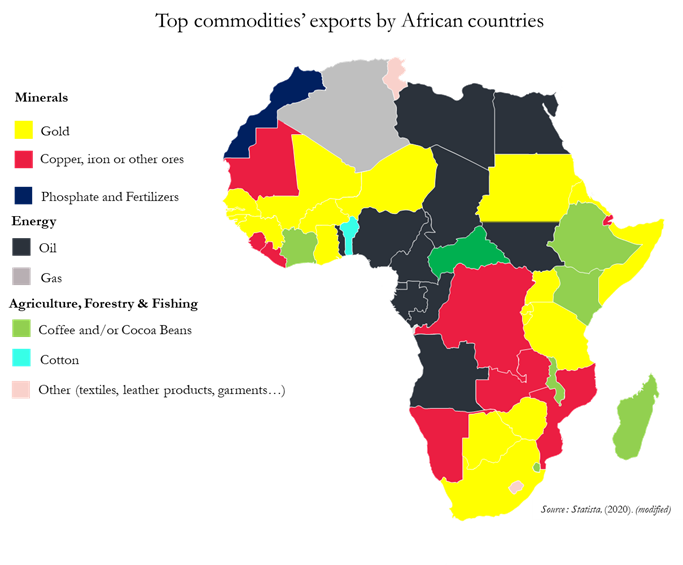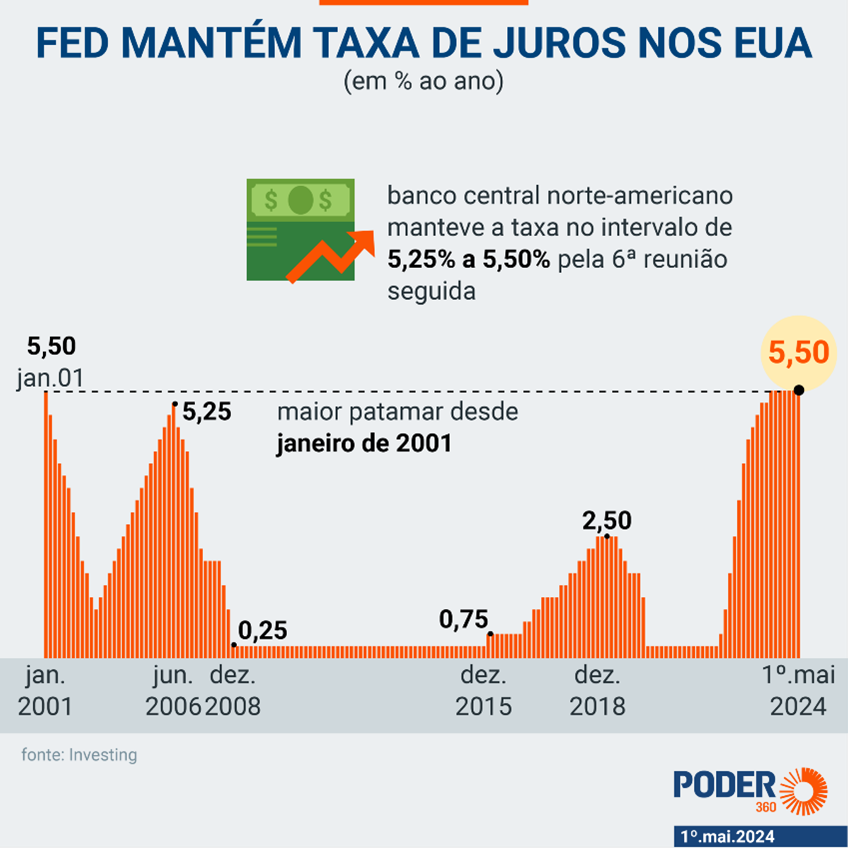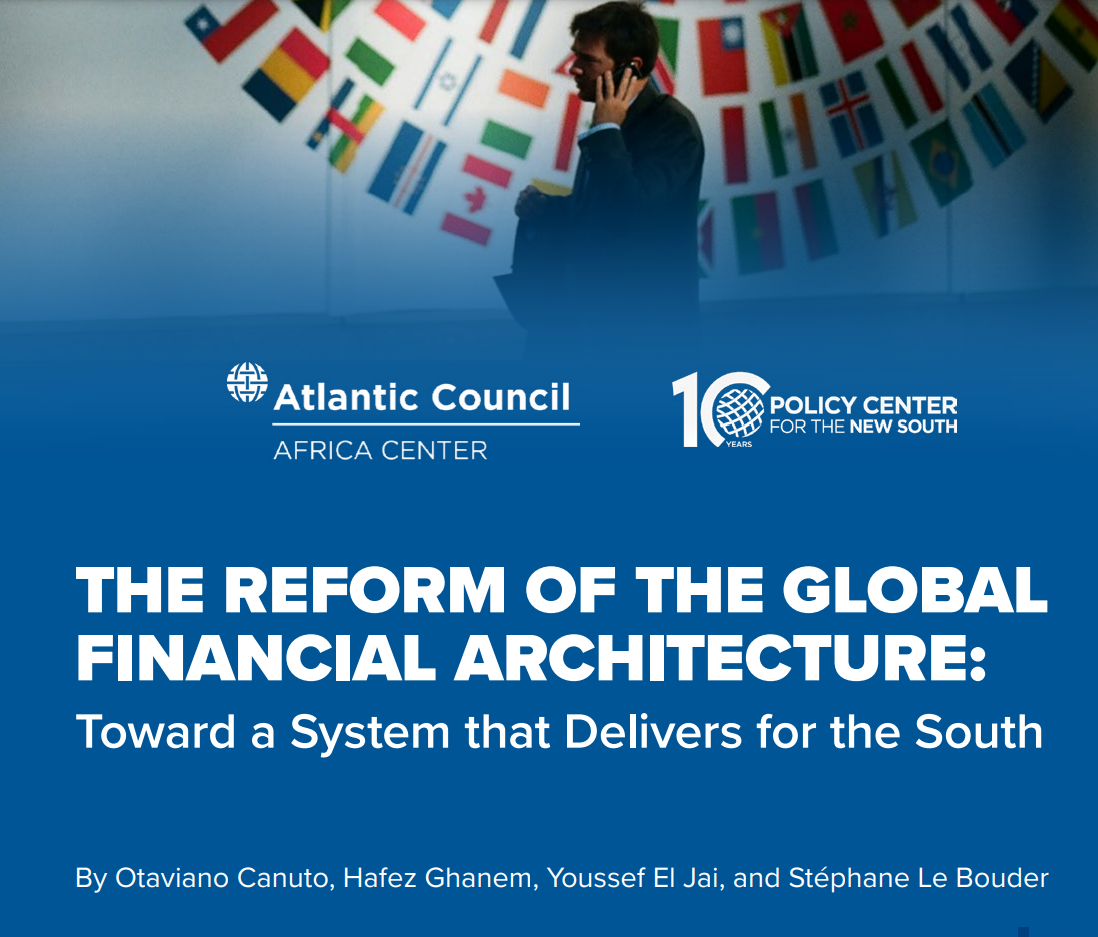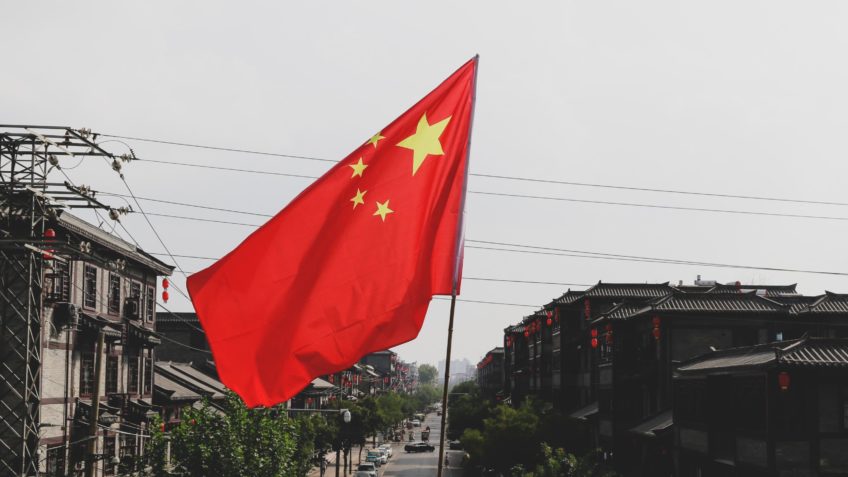O futuro está na terra
A terra urbana, mais do que um recurso físico, representa o último foco de resistência contra a lógica desigualitária do capital. Nas cidades, onde se desenrolam os temas centrais da vida contemporânea, a terra pode ser o alicerce de um modelo de desenvolvimento social e ambientalmente mais equilibrado. A revolução digital oferece ferramentas para renovar a ocupação urbana, promovendo justiça e inclusão, mas é a vontade humana, orientando conscientemente essas lógicas, que evitará o mecanicismo impessoal do mercado. A gestão da terra urbana, fundamentada na intencionalidade coletiva, deve ser reconhecida como um ativo estratégico na construção de um futuro em que o progresso seja guiado por equidade, resiliência e responsabilidade social, com a dignidade humana e o meio ambiente no centro das decisões.


